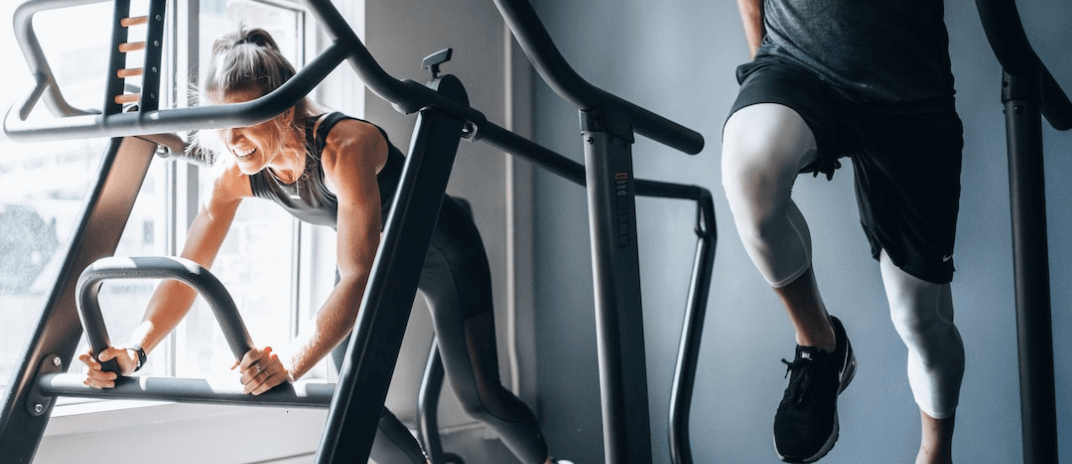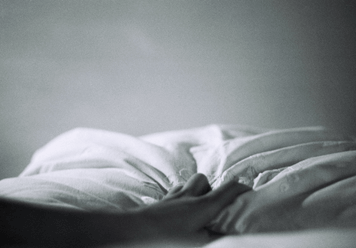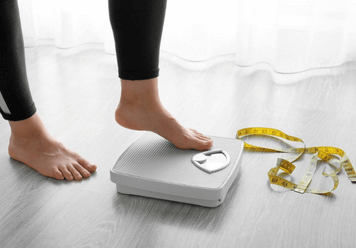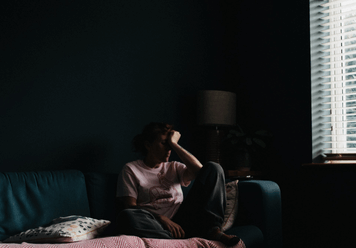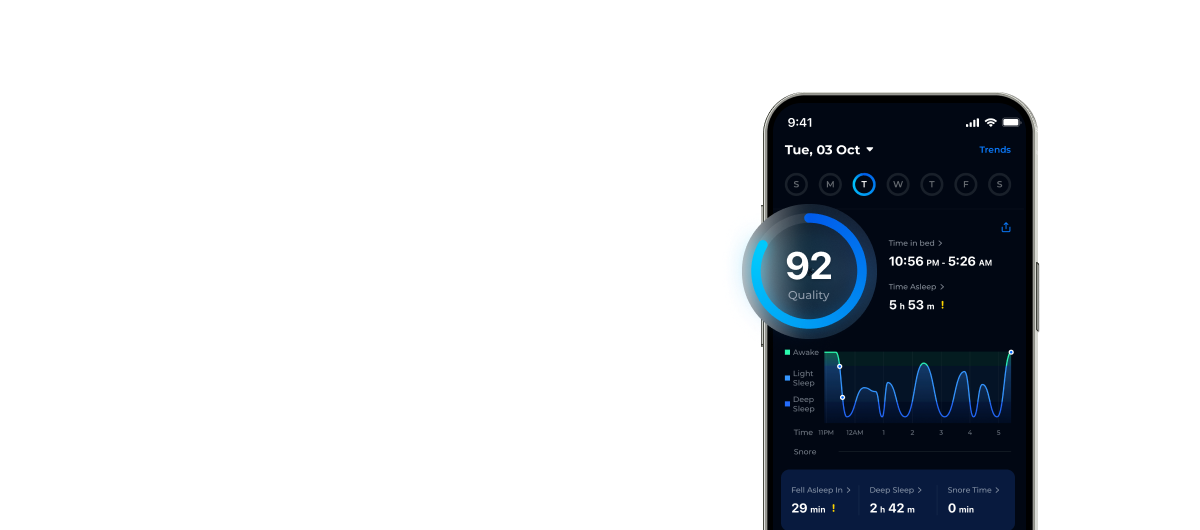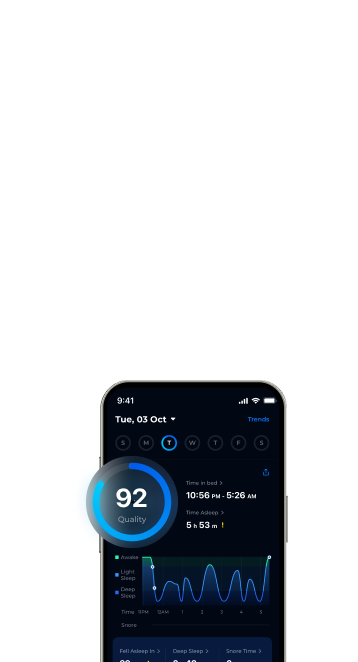Is working out on no sleep a good thing to do? Do you think exercising will give you the energy you need, even when you are sleep-deprived? It’s time to think again.
In this article, we will discuss the effects of working out without sleep and whether or not it is safe. Studies have shown that lack of sleep can harm your exercise performance, hinder your weight loss efforts, and increase the risk of injury.
The Impact of Sleep Debt on Your Morning Workout
When you exercise without getting enough sleep, it can greatly affect your performance. Not getting enough sleep makes it harder for you to do your best, as it affects your form, concentration, and overall physical ability.
Without sufficient rest, your reaction time slows down, making it difficult to react quickly during active workouts. Also, not getting enough sleep lowers your tolerance for pain, which means you may feel more discomfort during and after exercise. It also hampers your body’s ability to recover, making it harder for your muscles to grow and prolonging the time you feel sore after a workout.
In addition, inadequate sleep can make you feel moody, anxious, and tired, which can decrease your motivation to exercise. To improve your exercise performance, it’s important to prioritize sleep and make sure you get enough rest before engaging in physical activity. Remember, your body and mind require sufficient sleep to perform their best and achieve your fitness goals.
The Relationship Between Quality Sleep and Regular Exercise
The relationship between sleep and exercise is important to consider if you want to improve your exercise performance. When you don’t get enough sleep, it can have negative effects on your exercise. It can make it harder to concentrate, affect your form, and lower your performance. It can also hinder muscle growth. That’s why it’s crucial to prioritize sleep when you exercise regularly.
If you’re feeling really tired, it might be a good idea to reschedule your workout. To get better rest, try to establish a consistent sleep schedule and avoid caffeine and blue light before bedtime. Lack of sleep can decrease concentration, increase the risk of injuries, and make it harder for your body to recover.
Understanding how sleep affects exercise can help you make better choices about your workout routine and prioritize your sleep for better health and performance.
Strategies for Working Out on No Sleep
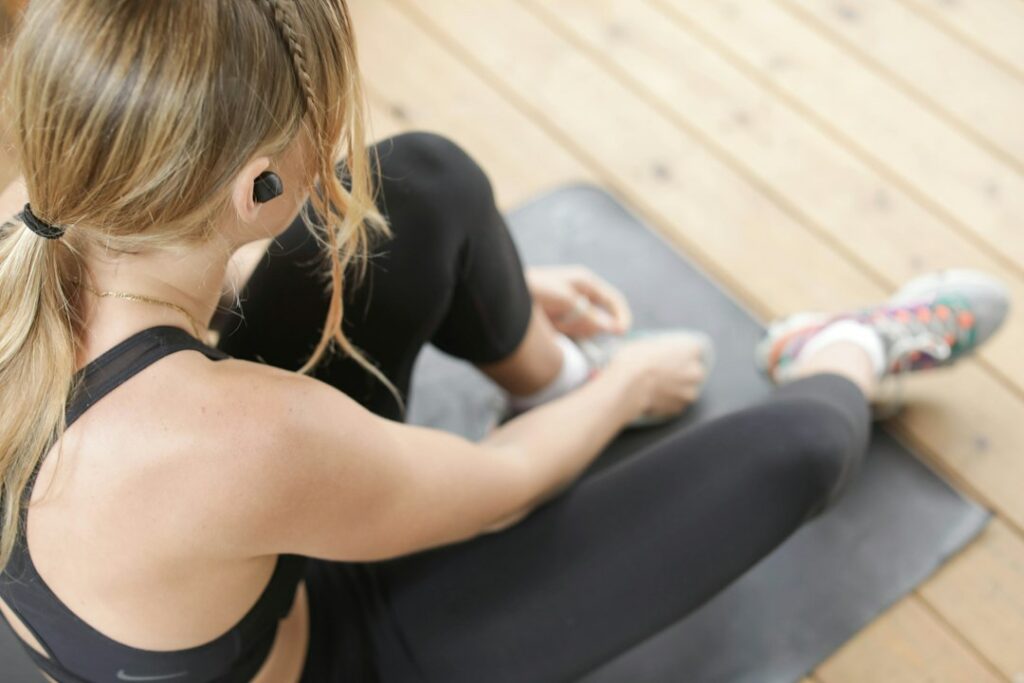
If you’re exercising without getting enough sleep, it’s important to use strategies to minimize the negative effects on your exercise performance and overall well-being. Here are some tips:
- Opt for shorter or low-intensity workouts to reduce the risk of injury.
- Consider lifting lighter weights, doing shorter workouts, or trying low-intensity exercises like biking or yoga.
- Taking a power nap before working out can improve athletic performance and help restore your energy levels after sleep loss.
- Schedule your workouts in the morning for better performance and to lessen the impact of sleep loss.
- Avoid intense workouts within an hour before bedtime to ensure better sleep quality.
- Prioritize catching up on sleep after exercising by going to bed earlier, taking afternoon naps, or allowing yourself to sleep in a little later.
Apart from these, you can also consider using the ShutEye® app for personalized recommendations.
Balancing Sleep and Workout for Optimal Health
To achieve good health, it’s important to find a balance between sleep and exercise. This balance is crucial for overall well-being and reaching your health goals. Here are five reasons why finding this balance is important:
- More energy: Getting enough sleep and regular exercise can boost your energy levels. This helps you tackle daily activities with vitality and enthusiasm.
- Better physical performance: Quality sleep helps muscles recover, improves coordination, and reaction time. This leads to better exercise performance and lowers the risk of injuries.
- Weight management: Adequate sleep and regular exercise work together to support weight loss and weight management. They do this by regulating hormones and improving metabolism.
- Improved mood and mental health: Both sleep and exercise are important for positive mental health. They help reduce stress, anxiety, and depression.
- Enhanced cognitive function: Quality sleep and regular exercise contribute to better cognitive function, memory, and concentration. This helps you perform at your best mentally.

Listen To Your Body To Improve Sleep
Prioritize your sleep when it comes to exercise. It’s important to listen to your body and understand how sleep affects your exercise performance.
Here are some expert recommendations to help you make informed decisions:
- If you’re really tired, reschedule your workout. Exercising without enough sleep can increase the risk of injury and hinder your performance.
- Establish a consistent sleep schedule. Having a regular sleep routine can improve the quality and duration of your sleep, resulting in better rest and recovery.
- Avoid caffeine and blue light before bedtime. These can disrupt your sleep and make it harder to fall asleep.
- Listen to your body. Pay attention to how you feel and ensure you’re getting enough rest to optimize your workouts.
- Assess your sleep sufficiency. Aim for the recommended seven to nine hours of sleep per night, but also consider that individual sleep needs may vary.
Conclusion
In conclusion, working out without enough sleep can be bad for your exercise performance, weight loss goals, and overall well-being. When you don’t get enough sleep, it can make your reaction times slower, make you physically tired, and reduce your motivation to do physical activities.
It’s important to make sleep a priority and find a balance between rest and exercise for your health.


